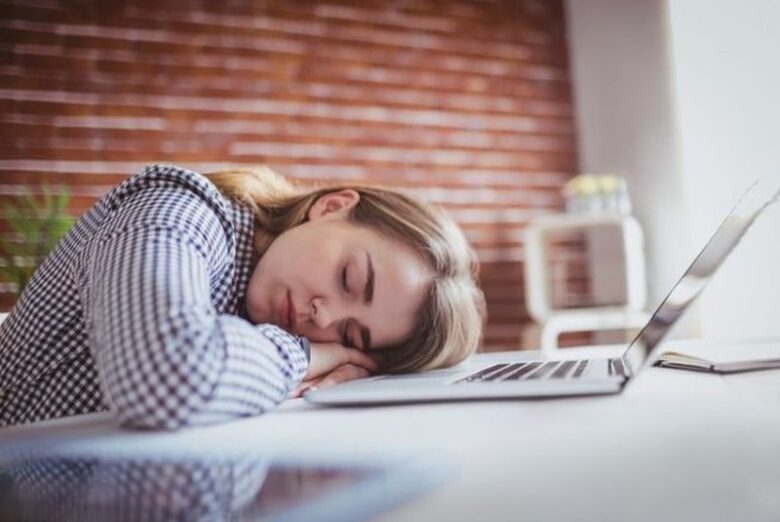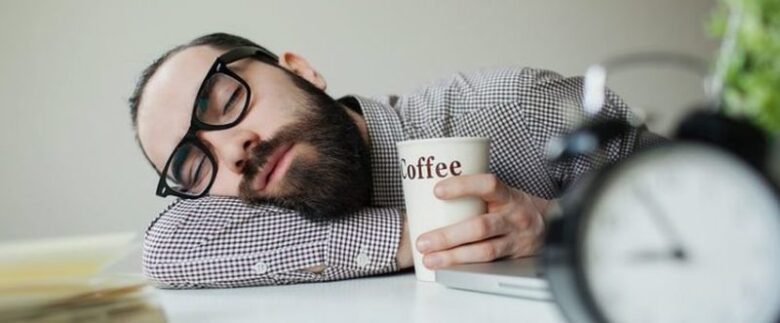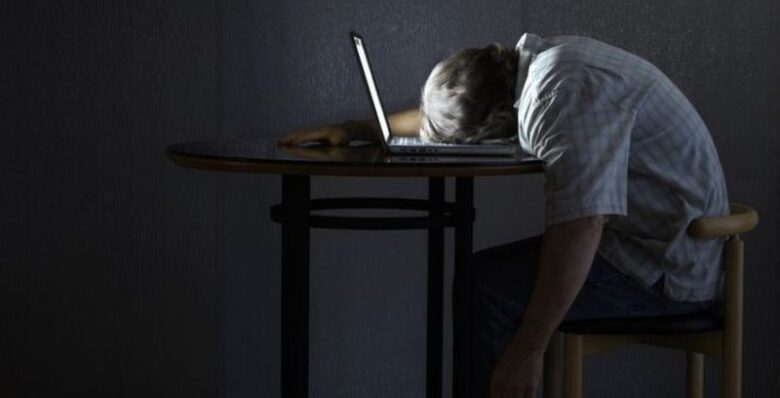By definition, microsleep refers to falling asleep anything between a few and several seconds. People that usually experience microsleep are not aware of it until they’ve woken up. This episode can occur at any time of the day. It can occur while at work, it can occur at home, in the morning, in the afternoon, and at night. It can also occur while you’re performing a task, watching TV, eating, driving, operating machinery, etc. It’s because of its unpredictable nature that makes microsleep a very, very, serious, and dangerous concern.
There are a few things that cause microsleep such as:
- Drowsiness caused by insomnia or various sleeping disorders about which you can find more information on MidNite
- Sleep apnea
- Narcolepsy
Symptoms and Warning Signs of Microsleep

There are symptoms associated with microsleep, however, detecting it can be very tricky as you usually simply snooze off while your eyes are closing. The most common symptoms, however, or microsleep include:
- Not responding to information of someone who’s talking to you
- A blank stare
- Head dropping
- Sudden body jerks
- Being unable to remember the past few minutes
- Slow blinking
Warning signs of microsleep include:
- Sudden body jerks
- Yawning excessively
- Being unable to keep your eyes open
- Being unable to stay focused
- Constantly trying to blink to stay awake
For a more in-depth look at what causes microsleep, feel free to read this article on the matter businessinsider.fr/us/what-is-microsleep-signs-youre-sleep-deprived-2019-6.
When Does Microsleep Occur Mostly?

Microsleep occurs in episodes, and episodes can occur anytime during the day. Although, episodes occurrence is closely related to your normal sleep hours, meaning that they mostly occur early in the morning or late at night. But, as we mentioned, episodes can occur at any time of the day, mostly when you’re sleep-deprived.
One in six adults in the United States is experiencing sleep-deprivation. As a matter of fact, it is one of the most common chronic conditions in the U.S., and it can result in:
- Excessive daytime sleepiness
- Irritability
- Poor performance at work
- Forgetting stuff all the time
Sleep deprivation can lead to multiple concerning medical problems such as:
- High blood pressure
- Obesity
- And heart attacks
What Causes Microsleep?

The greatest factor as to what causes microsleep is the lack of sleep. Insomnia, working night shifts, or not getting enough quality sleep are the main reasons episodes occur, amongst other reasons. Having any kind of sleep disorder can manifest in microsleep, such as:
- Obstructive sleep apnea: it causes a blockage in your upper airway which interrupts your breathing while sleeping. This is a problem because your brain doesn’t get enough oxygen and it triggers daytime sleepiness.
- Narcolepsy: Narcolepsy causes daytime drowsiness, sleepiness, and microsleep episodes because of it.
- Periodic limb movement disorder
- Circadian pattern disorder
While the causes of microsleep are many, there isn’t a definitive reason as to why it happens. Most medical scientists believe that microsleep occurs because a part of your brain falls asleep while others try to remain awake. The parts of the brain that fall asleep do it because of the before-mentioned disorders, while the rest of the brain tries to combat it.


